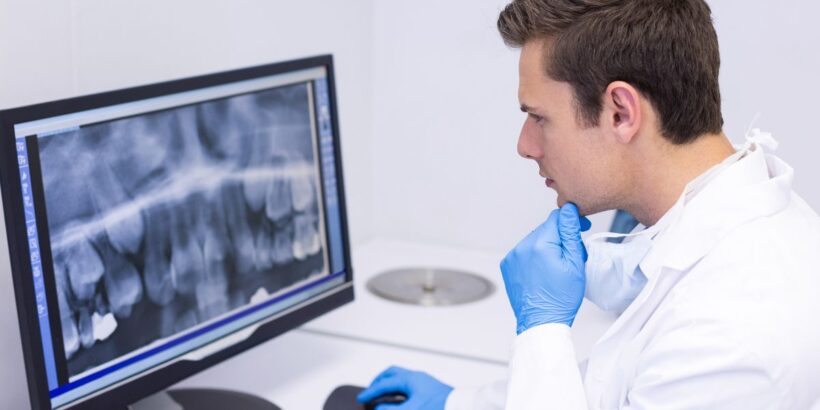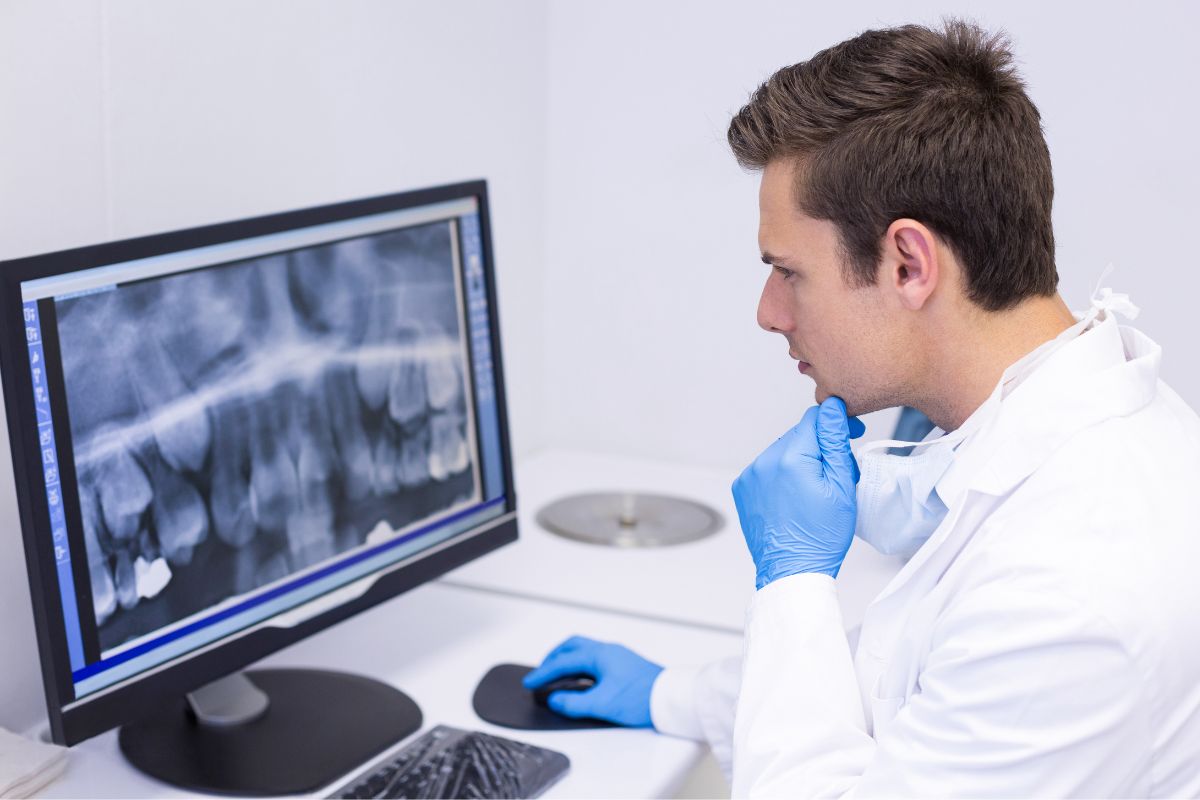Accurate diagnoses of dental conditions help dental professionals determine treatment plans, ensuring patients receive effective care. Without accurate diagnosis, treatments may not address the root cause of the problem, potentially leading to ineffective results and ongoing oral health issues. For these reasons, enhancing diagnostic precision is indispensable for optimal care. Use the following tips for improving dental diagnostic accuracy to improve your practice.
Continue Your Education
Regularly attending online or in-person seminars and conferences provides valuable insights into diagnostic procedures and emerging technologies. Whether through hands-on workshops or scholarly lectures, continuous learning equips practitioners to remain at the forefront of diagnostic excellence.
Additionally, continuing education serves to refine a dentist’s skill set, reinforcing their expertise and confidence in diagnosis. Keeping abreast of current research and clinical studies integrates evidence-based practices into routine examinations and diagnoses.
Invest in Advanced Diagnostic Technology
Sophisticated technology makes it easier to examine and diagnose patients. State-of-the-art imaging devices can help dental professionals achieve a level of precision that traditional methods may not provide. Consequently, advanced imaging techniques can radically transform diagnostic capabilities and help dental professionals tailor treatment plans more accurately to patient needs.
Wireless dental sensors offer clearer, more detailed images, allowing for the identification of issues that might otherwise go unnoticed. When adopting wireless dental imaging technology, consider a sensor that uses Bluetooth technology. With Bluetooth, fluctuations in internet speed won’t affect the consistency and speed of the connection.
Update and Review Patient History
A comprehensive patient profile sheds light on past conditions and treatments and serves as a guide that complements the physical examination. Practitioners can improve their dental diagnostic accuracy by reviewing and updating their patient’s detailed medical and dental history.
Each interaction with a patient is an opportunity to update their records with new findings. Keen attention to their history helps in pinpointing dental issues and anticipating potential complications.
Perform Regular Examinations
Regular check-ups enable practitioners to monitor ongoing conditions and swiftly intervene upon signs of new developments. Through consistent observation, dental specialists can maintain a continuum of care that’s proactive rather than reactive.
Such diligence in examination practices empowers timely interception that can prevent conditions from progressing in severity. Regular check-ups are key to curbing disease progression and facilitating long-term dental health.
Tips for Encouraging Regular Patient Visits
To encourage patients to visit regularly, dental professionals can implement reminder systems and personalized communication. Additionally, offering flexible scheduling options and discussing the long-term cost savings of regular exams can effectively persuade patients to prioritize their oral health.
Consult Peers
Complex diagnostic scenarios often benefit from multiple professional perspectives. Engaging in peer consultation presents the opportunity to tap into the collective expertise of the dental community.
Collaboration among practitioners is a key strategy in refining diagnostic processes. The diversified experience of specialists can bring forth differing viewpoints that may afford a more comprehensive understanding of challenging cases.
Providers can diagnose dental conditions and diseases readily by prioritizing continuing education, integrating advanced technology, updating and reviewing patient history, performing regular exams, and seeking collaborative insights. Implementing these strategies is essential for the delivery of exemplary oral health services and for cementing the trust patients place in their caregivers.

